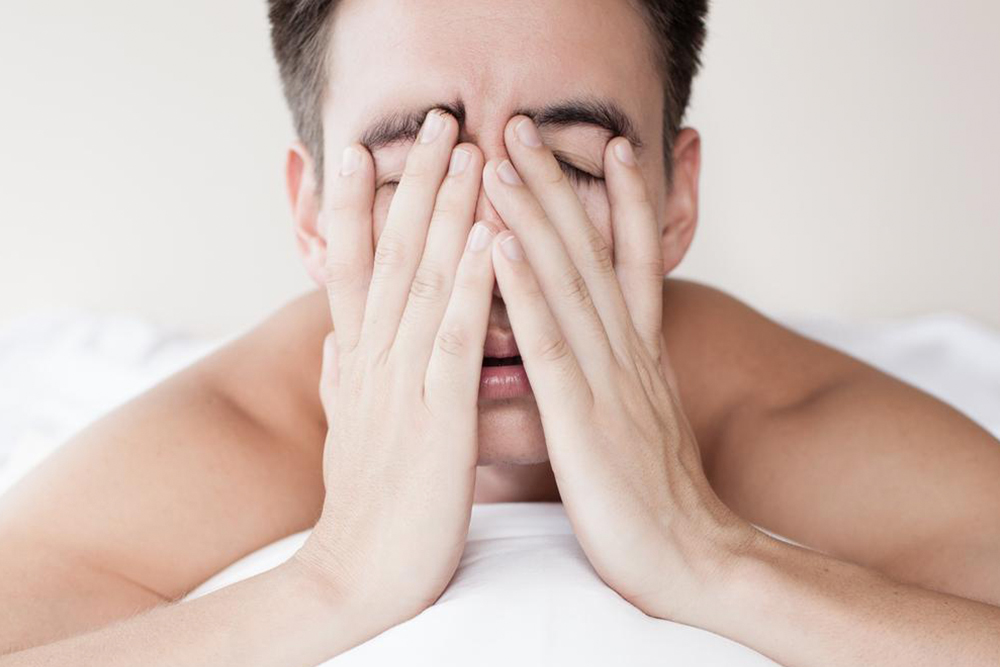Symptoms of sleep disorder
Sleeping disorder is a situation in which a person cannot sleep frequently or for quite a period of continuous time. A person should get enough time in a day to sleep otherwise it will affect the health and functioning of the body adversely. Not getting sleep for one day is fine, but if a person cannot experience good sleep continuously for more than two-three days, it is a sign of the person having a sleeping disorder and he needs to consult a physician or therapist immediately.

Symptoms
In order to find out whether a person suffers from a sleeping disorder or not, one has to clearly know its symptoms. If a person suffers from any of the below mentioned symptoms frequently or on a daily basis, he/she is suffering from sleeping disorder. The most common symptoms for sleeping disorders include:
• Failing to sleep at night
• Daytime fatigue
• Very slow reactions and reflexes
• Not being able to concentrate
• Depression
• Feeling very sleepy during the day
Types
Sleeping disorders can be of multiple types. These include:
• Insomnia: Inability to sleep. It is a result of a lot of tension and stress, jet lag and other kinds of anxiety. The results of Insomnia are very problematic – it can cause lack of concentration, inability to pay attention, weight gain and reduced performance at work.
• Sleep apnea: The symptoms of sleep apnea are snoring loudly and feeling tired at night even after a long duration of sleep.
• Narcolepsy: It is a kind of disease, which is common in many people today. Narcolepsy is basically having an exceedingly long sleeping time and having drowsiness during the daytime.
• Restless leg syndrome: This is a sleeping disorder which happens due to the fluctuations in nervous system and wherein one has the tendency to move his legs during the sleep.
Treatments for sleeping disorder
The treatment for sleeping disorder differs from person to person and how he/she is affected by it. There are many kinds of medical treatments that are available today for sleeping disorders, as well as sleeping pills, relevant medicines etc. Bringing about remedial changes in your own lifestyle can also bring about excellent results. They include drinking adequate amount of water before sleep, reducing stress and anxiety, including more vegetables in your food and diet and decreasing the intake of alcohol. One has to maintain a proper time for sleeping for all the days, for variations in that can also lead to sleep disorders. Treatments such as light therapy and chronotherapy are commonly referred treatments.